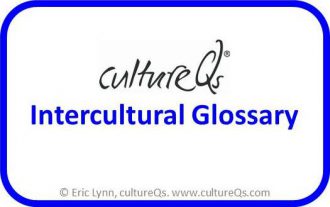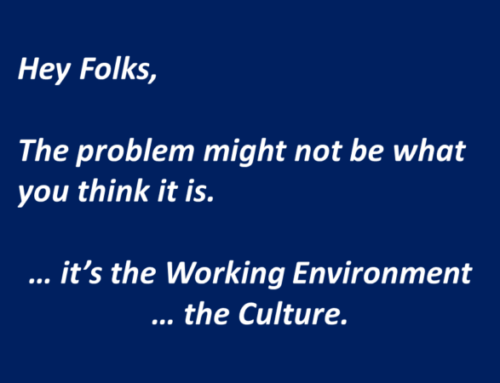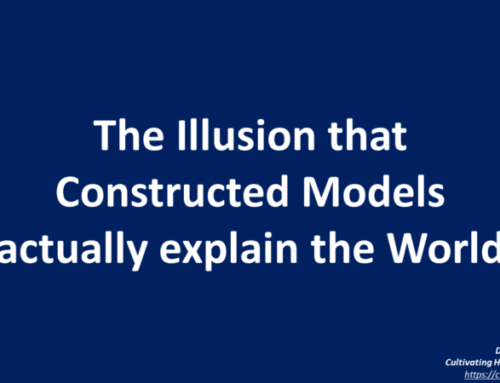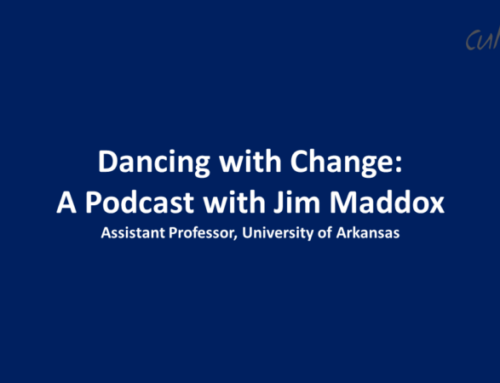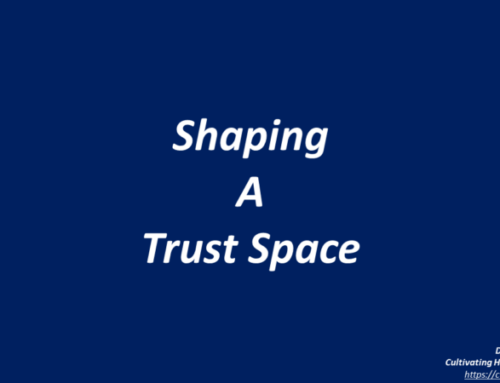Intercultural Glossary
This Intercultural Glossary reflects my beliefs and values and life experience.
I am well-aware that some of the definitions here may reflect neither those to be found in standard references nor common usage. This is conscious as common usage is frequently superficial, deliberately misleading in that it follows hidden agendas, therefore inaccurate.
| Accelerated Team Integration | In cultureQs®, we use the term „Accelerated Team Integration“ to describe speeding up the integration process of a working group towards productive collaboration. Depth and substance are integral. |
| ___________________ |
____________________________ |
| Assimilation | Assimilation occurs when individuals who enter a group from outside take on the norms of that group and feel reasonably comfortable within their new environment. While they may be accepted by the dominant group, they are still perceived as outsiders.
Political and business leaders frequently speak of „integration“ when they actually mean „assimilation“. There is a huge difference. |
| ___________________ |
____________________________ |
| Cooperation / Collaboration | Working together as an integrated unit to achieve a commonly understood common purpose. |
| ___________________ |
____________________________ |
| Corporate Diversity | The range of individuals‘ backgrounds therefore mindset within a corporation. |
| ___________________ |
____________________________ |
| Cultural Integration | Cultural Integration occurs when people from different backgrounds adopt a common focus on the commonly understood common purpose and objectives of the business (or project).
This rarely occurs without a facilitated process. Without Cultural Integration, success is of course possible, but highly unlikely. |
| ___________________ |
____________________________ |
| Culture | Culture describes the standard patterns (norms) for attitude and behaviour in any one environment and/or group. Values form the foundation with beliefs at the core.
It is a dynamic notion as any changes within the environment (and these changes occur continuously) result in shifts. In addition, we as individuals change: as we expand our experiences through life, our beliefs and values may change. |
| ___________________ |
____________________________ |
| Difference | In the context of culture, reference to the idea of „difference“ is frequently limited to nationality, race or belief.
In fact, it is much more … Organisation background; Education background; Regional background; Urban/Rural upbringing; Social background; Profession; Generation; Gender; Sexual orientation; Personal experience … are just some of the numerous factors that influence an individual’s mindset and gutset in any particular situation. |
| ___________________ |
____________________________ |
| Diversity | The existence of difference within one community, where the „community“ could be a group, a team, an organisation, a corporation, a town, a state, a country – any space at all in which people interact.
Diversity is a fact of life … everywhere! Difference: see above. |
| ___________________ |
____________________________ |
| Gutset | ‚Gutset‘ is the intuition that tells you how comfortable you feel with a situation, people’s behaviour at any specific moment, a proposal.
It is individual and therefore based purely on your personal life experience. If ignored, positive intrinsic motivation is almost impossible. The word ‚gutset‘ is a construct of mine as a counterweight to and play on ‚mindset‘. |
| ___________________ |
____________________________ |
| Integration | Integration occurs where all components of a system are working together, focused on achieving the common goal(s). |
| ___________________ |
____________________________ |
| Intercultural Communication | Intercultural Communication occurs when two or more people from difference backgrounds interact with each other. |
| ___________________ |
____________________________ |
| International Management Teams | Management Teams comprising members from different countries. |
| ___________________ |
____________________________ |
| International Project Teams | Project Teams comprising members from different countries. |
| ___________________ |
____________________________ |
| Knowledge | Explicit and implicit know-how. |
| ___________________ |
____________________________ |
| Leadership | The actions arising from the conscious awareness of one’s own beliefs, role and momentary. Leading oneself in alignment with one’s true nature enables congruence in leading others in any organisation or team situation. We always lead, consciously or otherwise. When others sense the leadership is authentic and carries integrity, they are far more likely to follow. |
| ___________________ |
____________________________ |
| M&A Integration | The integration process that follows the merger of acquisition of two or more organisational units.
All too frequently the M&A process focuses solely on the functional elements of the business ignoring the people-side. Conflict inevitably arises as the effects of the process are experienced at the emotional level by members of the organisations. Real M&A integration can only occur if the people – who in fact implement any policy changes – are an integral part of the strategy. [See PMI] |
| ___________________ |
____________________________ |
| Mindset | Mindset is a set of assumptions, perspectives or notions that directly influence our attitude and behaviour. When confronted with unusual or uncomfortable situations, it tends to become particularly visible to others. |
| ___________________ |
____________________________ |
| Multicultural Teams | Teams consisting of members with different backgrounds and mindsets. [See: Culture, Difference, Diversity] |
| ___________________ |
____________________________ |
| Organisation | A defined entity in which a group of people are supposed to be working together to achieve a set of common objectives. Examples include corporations, small companies, NGOs, not-for-profit organisations, public administrations, education institutes, and more.
A project is also an organisation: a temporary organisation. |
| ___________________ |
____________________________ |
| PMI (Post-Merger Integration) | The integration process that follows the merger of acquisition of two or more organisational units.
All too frequently the PMI process focuses solely on the functional elements of the business ignoring the people-side. Conflict inevitably arises as the effects of the process are experienced at the emotional level by members of the organisations. Real PMI can only occur if the people – who in fact implement any policy changes – are an integral part of the strategy. [See M&A Integration] |
| ___________________ |
____________________________ |
| Project | A specific task to be completed within a pre-defined time period with pre-defined resources. |
| ___________________ |
____________________________ |
| Project Efficiency | The extent to which project team members are using their limited resources economically. |
| ___________________ |
____________________________ |
| Project Failure | When a project fails to achieve its objectives within the time and financial resources defined, it is a failure. Reasons for project failure are multi-facetted. There is however clear evidence not only that most projects fail, but that when they do, the causes tend to be interpersonal rather than resource related. |
| ___________________ |
____________________________ |
| Project Success | When a project achieves it goals within the pre-defined framework of resources (time and financial) it is considered a success. For us, an additional success factor is the transferrable positive learning accrued. |
| ___________________ |
____________________________ |
| Team Integration | All team members are consciously aware of their interdependence and align their interactions and work accordingly. |
| ___________________ |
____________________________ |
| Wisdom | It is difficult to define wisdom, yet most people recognise it when they encounter it. Wisdom involves the ability to integrate knowledge and experience with a deep understanding of occurrences and interactions in life’s space.
It is infinitely more valuable than knowledge alone. |

